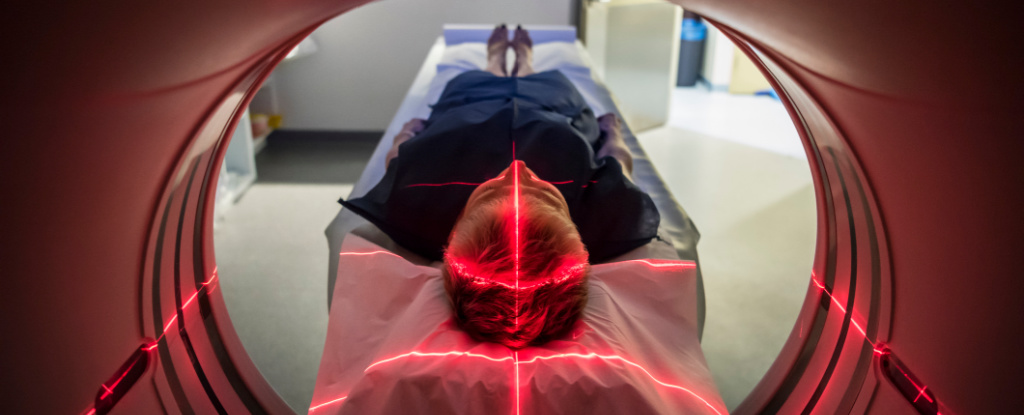
Deep sleep could play a pivotal role in delaying the cognitive declines associated with Alzheimer’s disease, according to a groundbreaking study conducted by researchers from the University of California (UC) Berkeley, Stanford University, and UC Irvine. The study, which examined 62 older adults who were cognitively healthy, found that individuals with brain changes linked to Alzheimer’s performed better on memory function tests when they experienced more deep sleep. This finding was consistent regardless of other factors known to contribute to cognitive resilience, such as education and physical activity.
The research, published in May 2023, highlights the importance of deep sleep in supporting memory function, especially as dementia begins to take hold. Those with similar Alzheimer’s-linked brain changes who did not get sufficient deep sleep showed poorer performance on memory tests. In contrast, sleep had little impact on individuals with fewer Alzheimer’s deposits.
The Science Behind Sleep and Alzheimer’s
Dr. Matthew Walker, a neuroscientist at UC Berkeley, described deep sleep as a “life raft that keeps memory afloat,” emphasizing its potential to counteract the effects of Alzheimer’s disease pathology. “This is especially exciting because we can do something about it. There are ways we can improve sleep, even in older adults,” Walker noted.
Previous research has shown that disrupted sleep is both a risk factor for and a symptom of Alzheimer’s disease, complicating the understanding of cause and effect. Amyloid-beta proteins, which are often used as markers of Alzheimer’s, can start accumulating in the brain decades before symptoms appear. Walker’s earlier work demonstrated that high levels of amyloid-beta can disrupt deep sleep and impair memory function.
Exploring Deep Sleep’s Protective Role
Walker and his team monitored participants’ brain waves during sleep and assessed their memory function the following day. Among those with high levels of beta-amyloid deposits, those who experienced quality deep sleep showed better cognitive performance. This effect was specific to non-rapid eye movement slow wave sleep, rather than other sleep stages.
Long-term studies are needed to determine if increasing deep sleep over several years can preserve cognitive function despite rising amyloid-beta levels. This research adds to a growing body of evidence suggesting that sleep is a modifiable risk factor for Alzheimer’s, potentially delaying molecular changes by allowing the brain to clear waste products accumulated during the day.
Implications for Alzheimer’s Prevention
Lead author Zsófia Zavecz, a neuroscientist at UC Berkeley, emphasized that individuals with certain brain pathologies are not necessarily destined for cognitive decline. “Our findings suggest lifestyle factors, particularly deep sleep, can help buffer against the effects of Alzheimer’s,” Zavecz said.
The study also raises questions about the use of sleeping pills, which may reduce amyloid protein levels in cerebrospinal fluid but often lead to shallow sleep. Instead, Zavecz recommends natural methods to improve sleep quality, such as avoiding caffeine late in the day, engaging in physical activity, reducing screen time, and taking a warm shower before bed.
Looking Ahead
As researchers continue to unravel the complexities of Alzheimer’s disease, which affects millions worldwide, the potential of deep sleep as a protective factor offers hope. The study, published in BMC Medicine, underscores the importance of sleep quality in maintaining cognitive health.
While scientists work diligently to address the challenges of Alzheimer’s, individuals can take proactive steps to improve their sleep and potentially safeguard their cognitive function.
This article was first published in May 2023.







